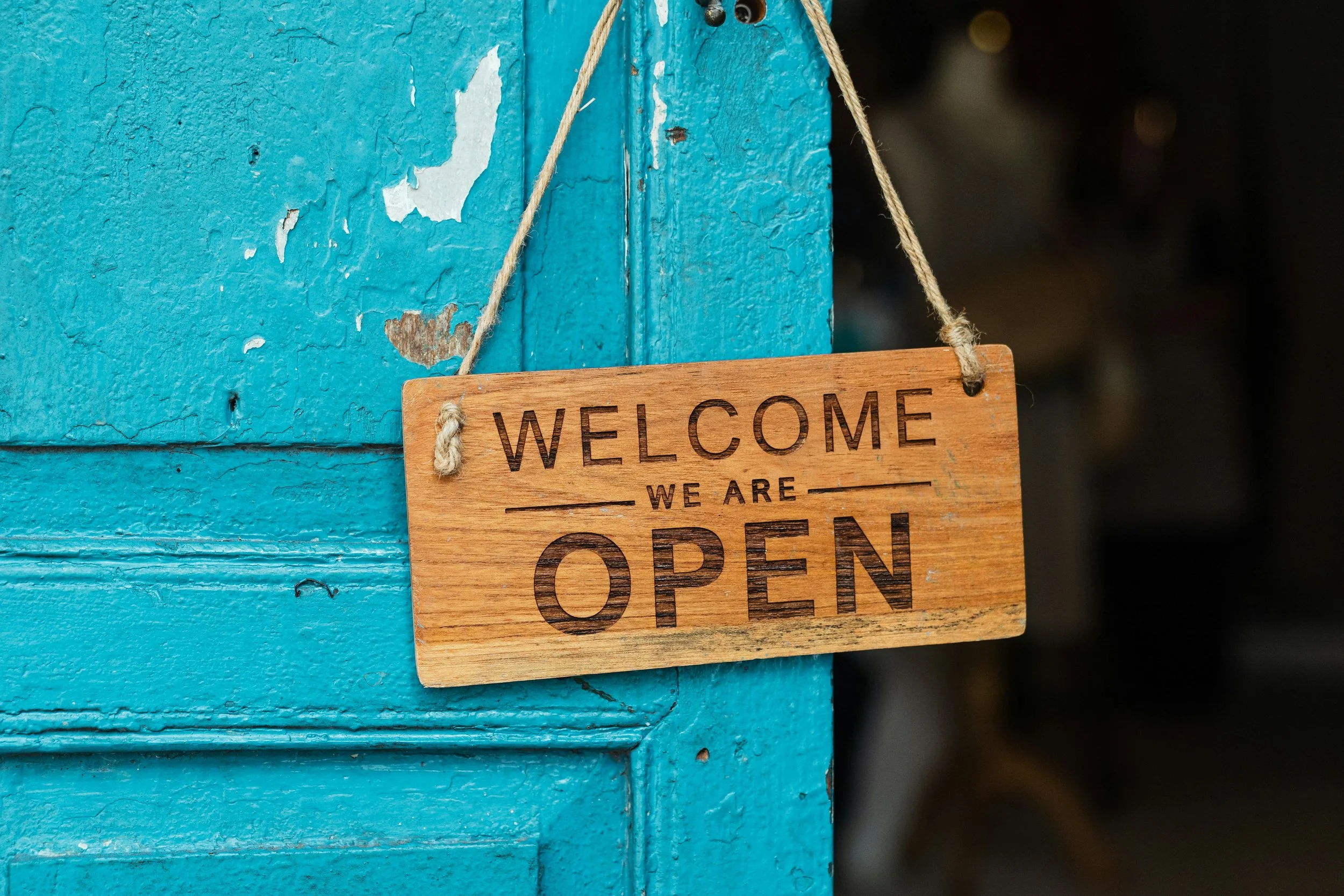Why AI Will Never Replace Culture
At a recent conference, I heard one of the most foolish statements in quite some time: “I want to see a $1 billion valuation with four people.”
It made me pause. After the industrial revolution and the digital revolution, have we still not learned that humans sit at the centre of decision-making? We are flawed, yes. But we also think laterally, connect the dots in illogically beautiful ways, and generate radical ideas no algorithm could dream up. That is not a weakness, it’s our greatest competitive advantage.
We now live in an era of acceleration, where speed and culture are the twin engines of competitive advantage. Technology is no longer just about automating tasks; it is about unlocking new ways of thinking, scaling what makes a company distinctive, and accelerating the rhythm of innovation.
At the heart of this shift is artificial intelligence.
AI is not another tool in the corporate kit, it is an unlock. It enables information to flow at a velocity once unimaginable, surfacing insights in real time and supporting faster, sharper decision-making. But speed alone is not enough. The true power of AI emerges when it is fused with culture, values, voice, and brand DNA, woven so deeply into daily work that they become inseparable from the company itself.
Every organisation holds a deep reservoir of institutional knowledge: decades of expertise, customer insights, and brand heritage. Yet too often, this knowledge remains locked away in silos or forgotten in documents no one reads.
At Edify Collective, this is the problem we solve. We transform institutional wisdom into mobile-first, human-centred microlearning—knowledge liberated, organised, and delivered directly to employees, whenever and wherever they need it.
The result? Every decision, every customer interaction, and every innovation can be grounded in the company’s identity, consistently and at scale.
Imagine learning that integrates seamlessly into the flow of work: bite-sized, accessible, and habit-forming. Imagine distributing this learning across cultures, languages, and geographies so that the heartbeat of the brand is felt everywhere, consistently.
The impact is profound. Retention rises because learning is no longer a chore, it’s part of the daily rhythm. Performance improves because employees can act with confidence in the moment. Purpose deepens because culture is no longer abstract, it lives in every decision.
The promise of technology is not uniformity—it is ubiquity. Whether in Tokyo, London, or Buenos Aires, employees should embody the same cultural heartbeat, deliver the same brand truth, and serve with the same level of excellence. This is how heritage companies scale without dilution, and how fast-growth brands expand without losing their soul.
Workplace learning, then, must mirror the best of customer service: fast, personal, intuitive, and always available. Employees now expect learning to adapt to them, not the other way around. Like a world-class concierge, learning should be ready to serve, consistent, and aligned to brand standards.
The companies that will thrive are those that see AI not as a bolt-on, but as a way to reimagine how culture, knowledge, and learning flow through the business. Instant access to institutional memory makes organisations resilient, consistent, and fast. Most importantly, it ensures culture is not a slogan on a wall, it becomes a living system, felt in every corner of the company.
Just as the best surfers make the impossible look effortless, the most successful organisations will be those that ride the cultural wave powered by AI, guided by purpose, and carried forward by their people.

